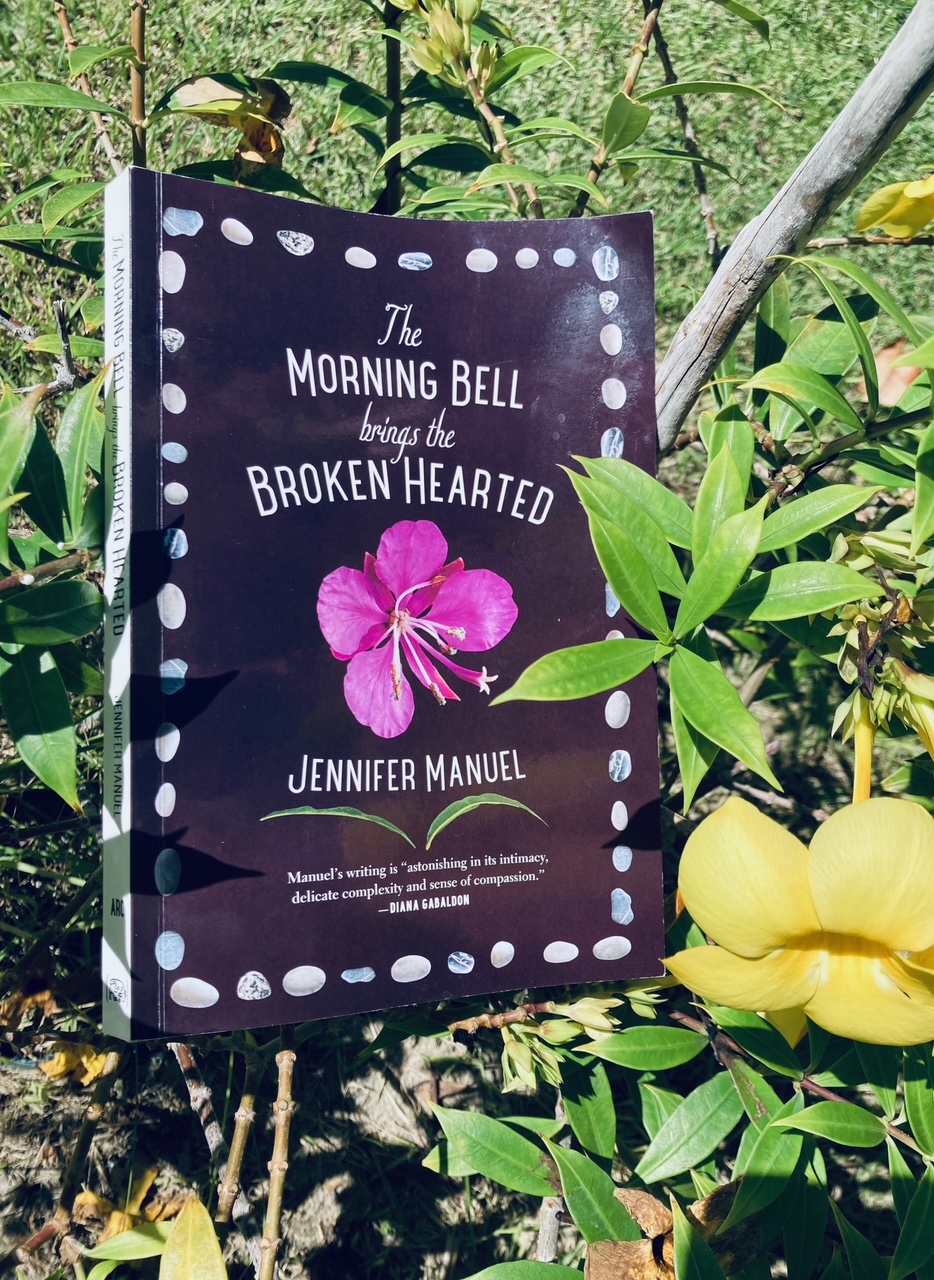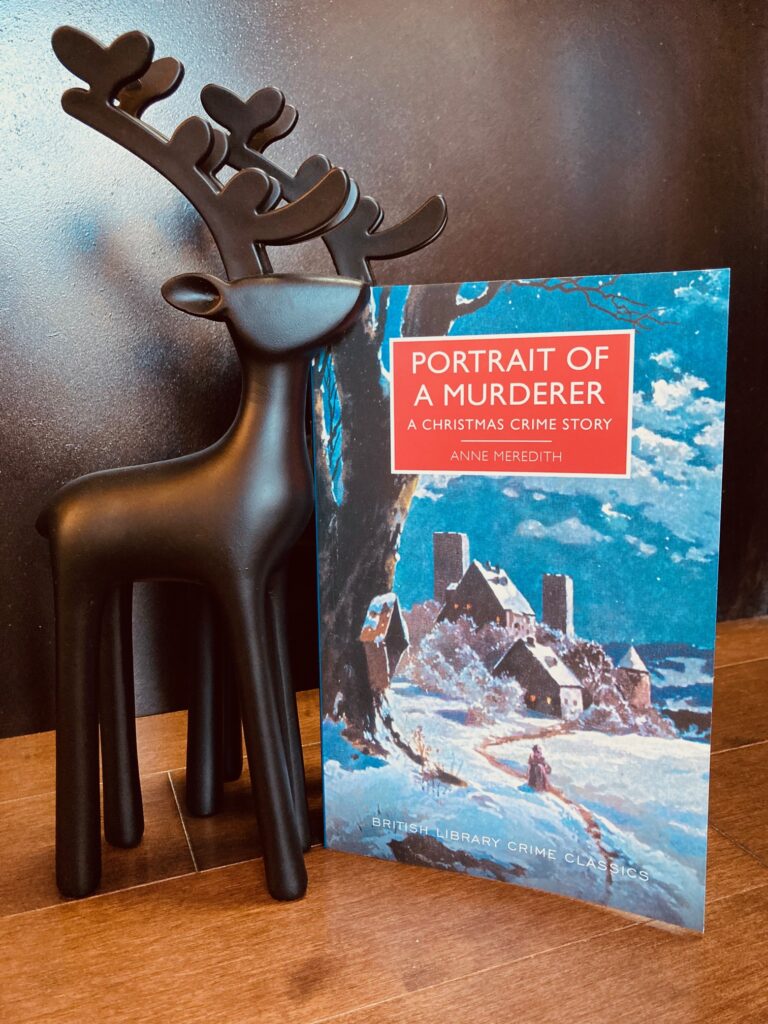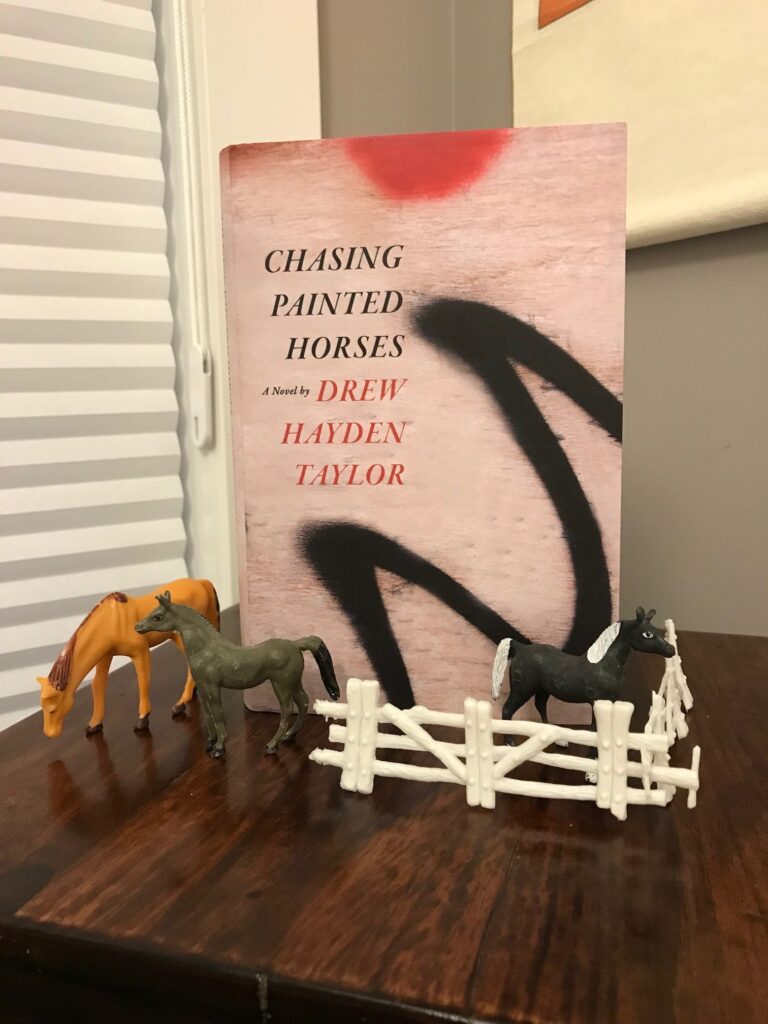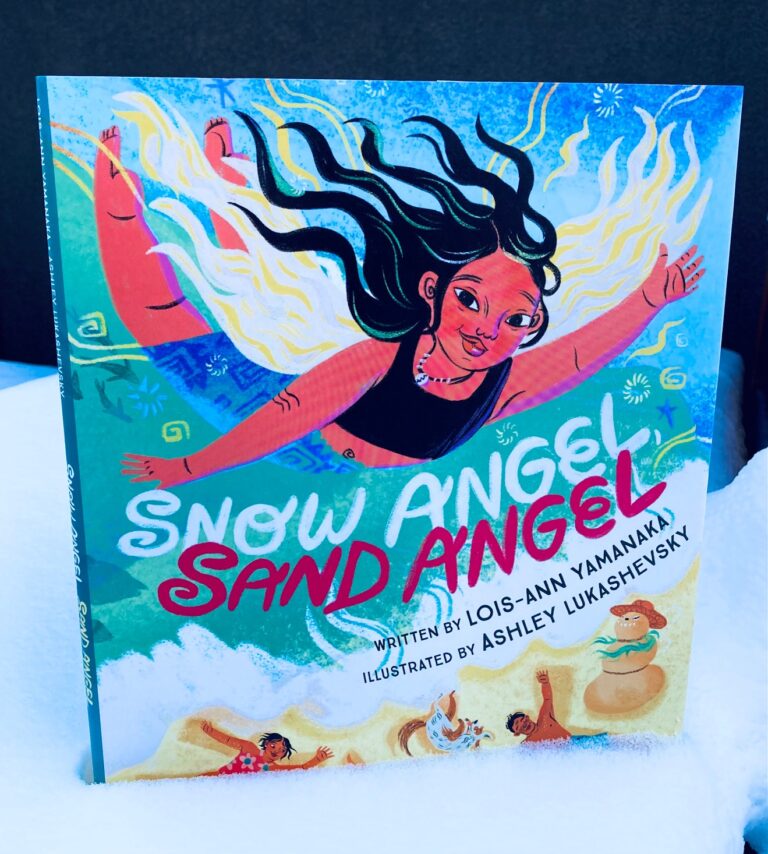Book Review: The Morning Bell Brings the Broken Hearted by Jennifer Manuel

The setting of this book is what drew me to read it. The Morning Bell Brings the Broken Hearted by Jennifer Manuel takes place in a remote, Indigenous community in the Pacific Northwest of Canada. Right on the ocean and accessible only by boat, this place is technically fictitious, but based on areas very similar to it. Manuel has written an earlier book set in the same location called The Heaviness of Things that Float, which won the Ethel Wilson Fiction Prize in 2017. This latest release is the first book of hers that I’ve read, but I thoroughly enjoyed it and will definitely keep my eye out for her future novels.
Plot Summary
Molleigh Royston moved to Tawakin with hopes of expanding the minds of kids in her classroom. She travels with scientific experiments, art supplies, and exciting specimens from nature to share with her students, but after only a few months she feels worn down and hopeless. Living in a rundown trailer only steps away from her school, her and the other teachers (mainly white teachers) struggle to find separation from their work, yet each feeling like outsiders in the Indigenous community. There is a lack of fresh fruit and vegetables, school supplies, and gainful employment on this island, so idleness and boredom are common. One afternoon Molleigh commits a cultural transgression (admittedly by accident), but afraid to tell the village elders about what she did, she keeps this to herself. Shortly after strange incidents begin to plague Tawakin, including strange knocking on walls at night and large boulders randomly appearing on pathways. Has she upset the island’s spirits through her actions, or is she being driven out of the community by disgruntled students and parents? Desperate to prove she is a reliable educator in a town used to transient teachers, Molleigh learns how to navigate the challenges of island life while coming to terms with elements of her past.
My Thoughts
In addition to the beautiful and unique landscape, I was drawn to this story because it depicted the delicate balance of a non-Indigenous person coming to teach in an Indigenous community. As Canadians work towards reconciliation with its Indigenous population, the term ‘white saviour’ is often evoked, especially in the social services sector, where there are lots of good but misplaced intentions. Molleigh approaches her teaching with enthusiasm, with grand ideas of ‘rescuing’ these kids from their difficult circumstances through the knowledge she’s excited to impart, but she quickly realizes how challenging this may be, especially when she’s dismissed as just another temporary face. Instead, she is faced with the realities of living as an outsider, unsure of all the necessary protocols but desperate to win over people’s trust. It is the role of stories themselves that serve to be her guiding light. She quickly learns how dangerous they can be, but how they can also heal – when used appropriately.
I’d be curious to hear a few Indigenous perspectives on this book, mainly, if they found it condescending (was the white saviourism still upheld?) or if it was a balanced view of life in a community such as that. There is one character who had taught in the far north of Canada, and his memories of life up there were much harder, rougher, and violent than life in this seaside community. The author herself has taught in similar places so she is coming from a place of knowledge, but as white audiences read this book, other prejudices and assumptions will likely arise, and Manuel is keenly aware of this. In this brief conversation between Molleigh and her closest (only) friend and fellow teacher, they discuss this very subject:
“Which was more important at school? Academics to bolster their success outside Tawakin? Or cultural activities, after years of having them stripped away from their lives? I didn’t know how to untangle such a question. But I did know that I wasn’t the one to answer it.
‘The only thing worse than the teachers who come in and shun the practice of culture in the classroom are the white saviours.’ Joan gave me a funny look.
‘Who me? You’re not saying I’m a white saviour, are you?’
Joan shrugged. ‘Aren’t we both?'”
-p.158 of The Morning Bell Brings the Broken Hearted by Jennifer Manuel, ARC edition
Alongside these challenging themes are beautiful descriptions of scenery, and the innocence of childhood. Manuel is an impressive writer, and her love of kids shines through in the ways she depicts all their difference personalities in this book. Highly recommended.






I’m sorry to show my ignorance, but where is the Pacific Northwest? BC or more northern? I was wondering if it would have harsh weather like Alaska or be too far south for that?
It’s not ignorant at all FF, Canada is such a huge country with so many different climates, it’s hard to keep track of it all, and I live here! Pacific Northwest is British Columbia, yes. Still south of Alaska, so there are four seasons, but it’s like a rainforest there, very lush, wet, and remote.
Ah, thank you! Yes, it’s hard to imagine the vastness of some of the countries in the world when you come from a small, overcrowded island!
This sounds interesting! I’m intrigued by the mysterious occurrences after hee transgression. I’ll keep my eye out for this one.
It’s got a lot of moving parts to it, but it all seems to work!
I’m surprised by how much minority cultures coming into contact with white people is such a similar situation to the Deaf community and hearing people. Are we “saving the poor Deaf people”? Are we allies? Do we appreciate what the culture has to offer us, too? I really like reading your reviews that include cultures meeting like a hot and cold weather front. I feel like you’ve had a few of them lately?
I have had a few of these books lately, you are totally right. I like these books too because they always offer such different perspectives, it helps ‘expand’ my thinking ;)
I enjoy all kinds of stories about teachers. That bit of dialogue sounds a little “on the nose” to me, but maybe it reads more naturally inside the story? Not that “on the nose” isn’t helpful sometimes, doesn’t raise interesting and important questions and concerns.
That’s probably the most direct line in the book, which works well when quoting it in a review, but doesn’t do the writing justice haha